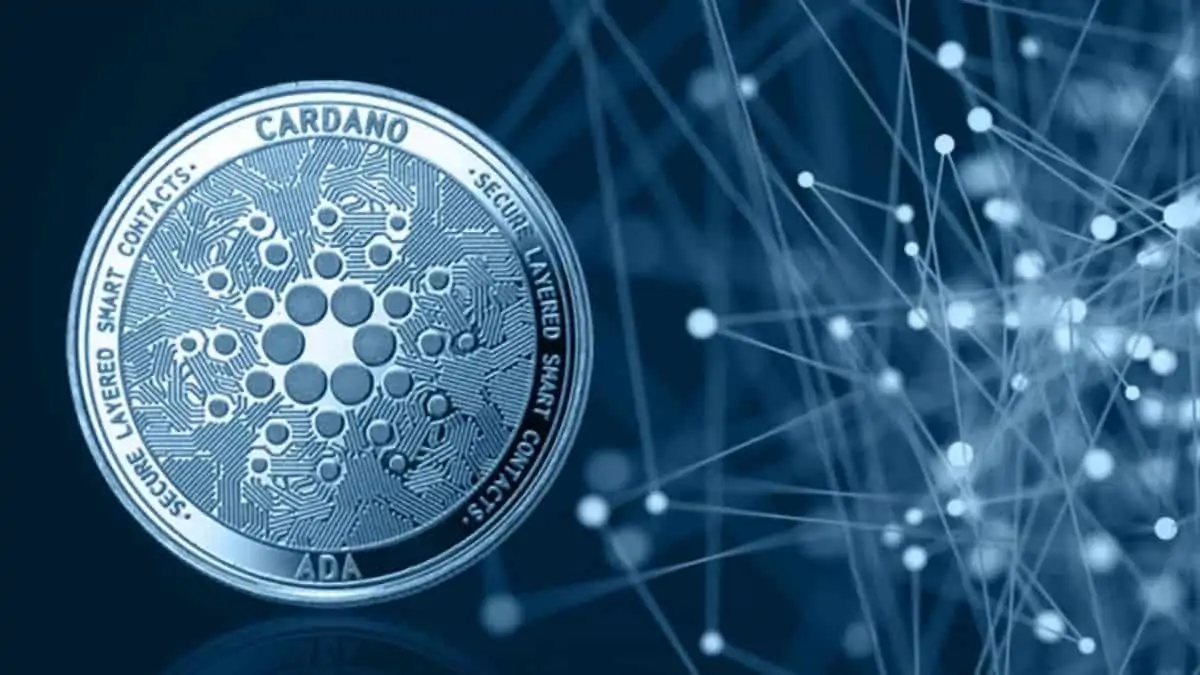The real innovation behind Cardano begins with the arrival of the Alonzo upgrade and smart contracts on its mainnet, its creators reported.
Cardano developers released the Alonzo update on the mainnet, to activate the long-awaited functionality of smart contracts o smart contracts In the net.
Recently, the network development team had reported that Cardano was about to begin a new and exciting journey with the activation of the upgrade Alonzo on the mainnet and with it the long-awaited smart contracts. The arrival of smart contracts on the mainnet allows developers to build new products and services to enter the ecosystem of decentralized finance, better known as DeFi.
For the team, this is a momentous moment that marks the birth of a new digital ecosystem within Cardano, a network blockchain third-generation scientific framework focused on scalability and security, which has been in the making for nearly 6 years.
“The Alonzo upgrade will bring long-awaited capabilities to Cardano”, reported the developers moments before the activation of Alonzo on the main network; at the same time they highlighted that the implementation of smart contracts within the blockchain would allow the creation of a series of new use cases for the network, such as decentralized applications (DApps) and DeFi protocols natively on the network, for the first time.
Within 10 minutes of the successful launch of Alonzo, Cardano already has around 23 smart contracts active on the network.
Alonzo also allows Cardano to offer support for non-fungible tokens, or NFTs. In fact, programmer Kevin Hammond reported that he had minted 3 NFTs using the network.
On the other hand, amidst the team's celebration, detractors and critics of the network continue to point out the flaws presented by the dapps on the test network. Specifically, the Minswap dapp suffered several errors on the Cardano test network related to smart contracts, which caused the dapp's development team to temporarily stop working.
It may interest you: Blockchain: Ethereum returns to the rise with London and Cardano about to complete Goguen
Cardano, Alonzo and smart contracts
While the Cardano team acknowledges that it has put in a lot of effort to get to where it is today, it also acknowledges that it has faced many challenges and obstacles that have delayed its work from what was initially planned.
“While we can afford a little downtime, this is no time to rest”, the team said.
The arrival of Alonzo on mainnet brings Cardano closer to full functionality, but the team still has a lot of work to do to complete its mission with the network. The developers' goal is to build a decentralized digital ecosystem that extends economic identity and value opportunities to everyone, everywhere. As such, the Alonzo upgrade represents the backbone of the protocol at this time, the developers said.
Alonzo is the backbone for the creation of a new decentralized application platform, which will be one of the most decentralized, sustainable, robust and advanced blockchain platforms in the world, they detailed in the publication. Thanks to the implementation of smart contracts, Cardano developers will be able to create numerous use cases for DApps and decentralized finance, ranging from simple applications of the type swap or exchange, until the construction of decentralized exchanges (DEX) and more complex protocols such as oracles, stablecoins algorithmic and much more.
It was Goguen of Cardano
In May, Cardano developers activated the first testnet for the Alonzo upgrade, starting the path for the implementation and deployment of smart contracts on this blockchain network. Now, the activation of this upgrade on the mainnet marks the end of the era Shelley and the beginning of the era Goguen; the latter is the third era of the network in which smart contract functionality is introduced to Cardano.
In the era Shelley The developers focused on decentralizing the network through incentives. This era activated the proof-of-stake protocol (PoS) Ouroboros and an incentive and delegation program for participants. Currently, the number of staking wallets on Cardano exceeds 827.000, with a total accumulated value of $77.900 billion staked on the network; this is 35% more than the number of staking wallets in June and 84% of the total market cap. cryptocurrency at the time of this edition.
Challenges with smart contracts on Cardano
Minswap, Cardano's first decentralized exchange, suffered several bugs during its debut on the Cardano testnet, leading to its temporary closure and generating strong criticism regarding this functionality on the network.
As reported by Bit2Me News, Arcano’s chief investment officer Eric Wall harshly criticized the network’s developers, claiming that the network was not fit to enter the current DeFi ecosystem. Like Wall, Ethereum supporter Anthony Sassano pointed out that Cardano was failing to perform simultaneous transaction processing, which is critical in DeFi, calling the network an “insult” to the blockchain ecosystem.
Minswap developers published a report postmortem about the bugs found when implementing the DEX, acknowledging that they did not meet the community's expectations and that these errors caused a storm of FUD against Cardano.
At the time of writing, the value of ADA, Cardano’s native cryptocurrency, is at $2,8 per unit. ADA is the third largest cryptocurrency in the industry, with a market capitalization of $87.300 billion.
Continue reading: Ethereum counterpart Cardano surpasses $2,60 as ether burning continues




